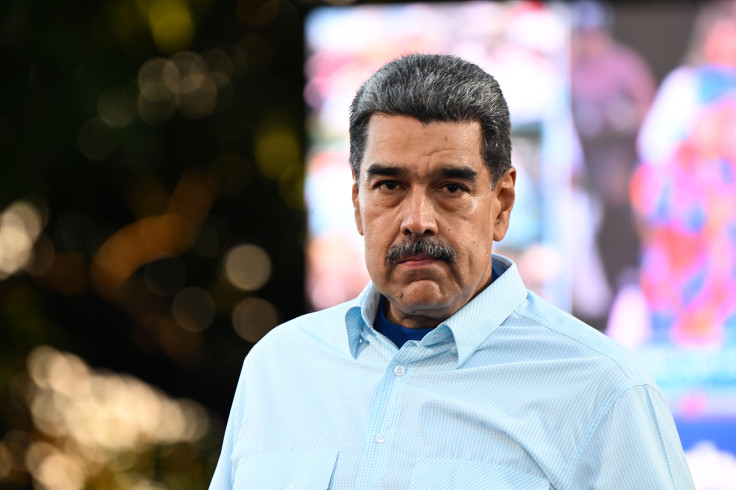
Venezuelan President Nicolás Maduro has distributed military weapons to state workers and community groups, a move that appears aimed at reinforcing political control after claiming a third term in power despite a lack of international legitimacy.
The initiative, which began in December 2024, has been widely publicized on state media and social media accounts affiliated with the government and comes amid shifting power dynamics within the country's armed civilian groups, according to specialized outlet InSight Crime.
Interior Minister Diosdado Cabello oversaw the distribution of weapons to the Small Farmers' Movement in the states of Lara and Yaracuy in early January. Maduro extended the effort the next day, arming workers from 31 public institutions, including government ministries, the state electricity company, and businesses that were previously expropriated by the regime. Video footage showed rifles being handed out to employees at a pasta factory seized by former President Hugo Chávez in 2011.
The policy is consistent with Maduro's broader strategy to deter potential uprisings and maintain political control amid an increasingly tense post-election climate. However, it also underscores the declining influence of colectivos, armed civilian groups that historically played a key role in suppressing dissent and enforcing government policies, the outlet explained.
Initially formed under Chávez and later expanded by Maduro, colectivos have operated as paramilitary groups aligned with the government. However, in recent years many have shifted focus from ideological enforcement to business activities. During Venezuela's economic crisis in 2017 some members left the country, while those who remained were integrated into state-controlled economic operations. The regime granted them control over food distribution, gas sales, and other sectors, allowing them to sustain themselves through legal and illegal activities, including extortion, robbery, and drug trafficking.
While some colectivos continue to express political loyalty, many now function as independent entities. Some have developed business ventures, including food cooperatives, restaurants, and casinos, often with government funding. As a result, their role in direct government operations has diminished, and their presence at political events increasingly relies on hired participants rather than ideological supporters.
The decline of colectivos as an enforcement arm has had political consequences. Opposition figures claim that Maduro lost support in historically pro-government areas, including the 23 de Enero neighborhood in Caracas, where colectivos once exerted strong influence. Electoral data suggests that opposition candidate Edmundo González secured victories in several of these strongholds.
© 2025 Latin Times. All rights reserved. Do not reproduce without permission.





